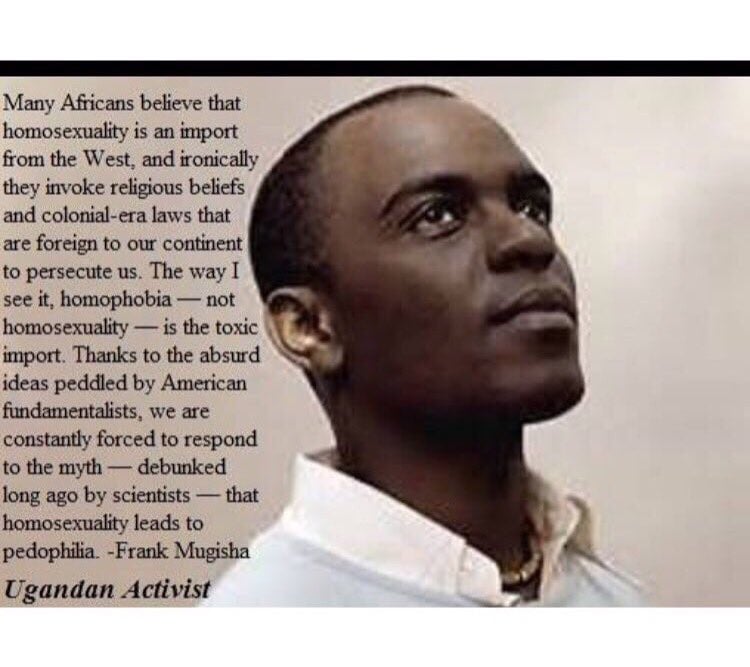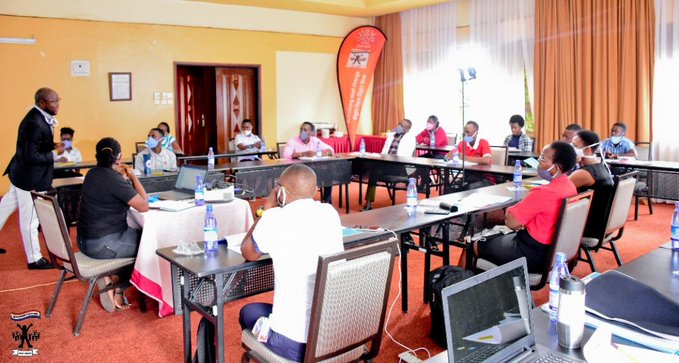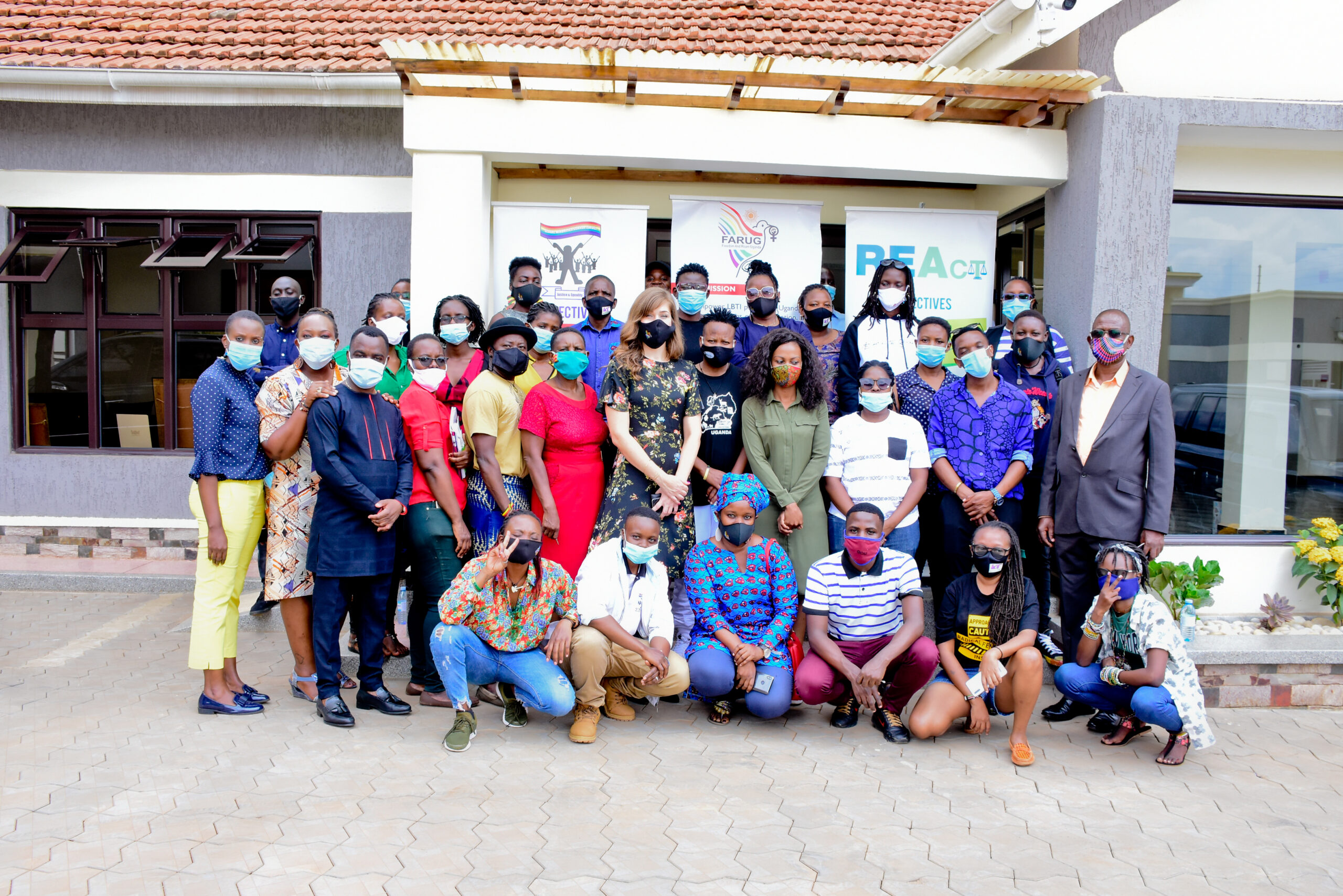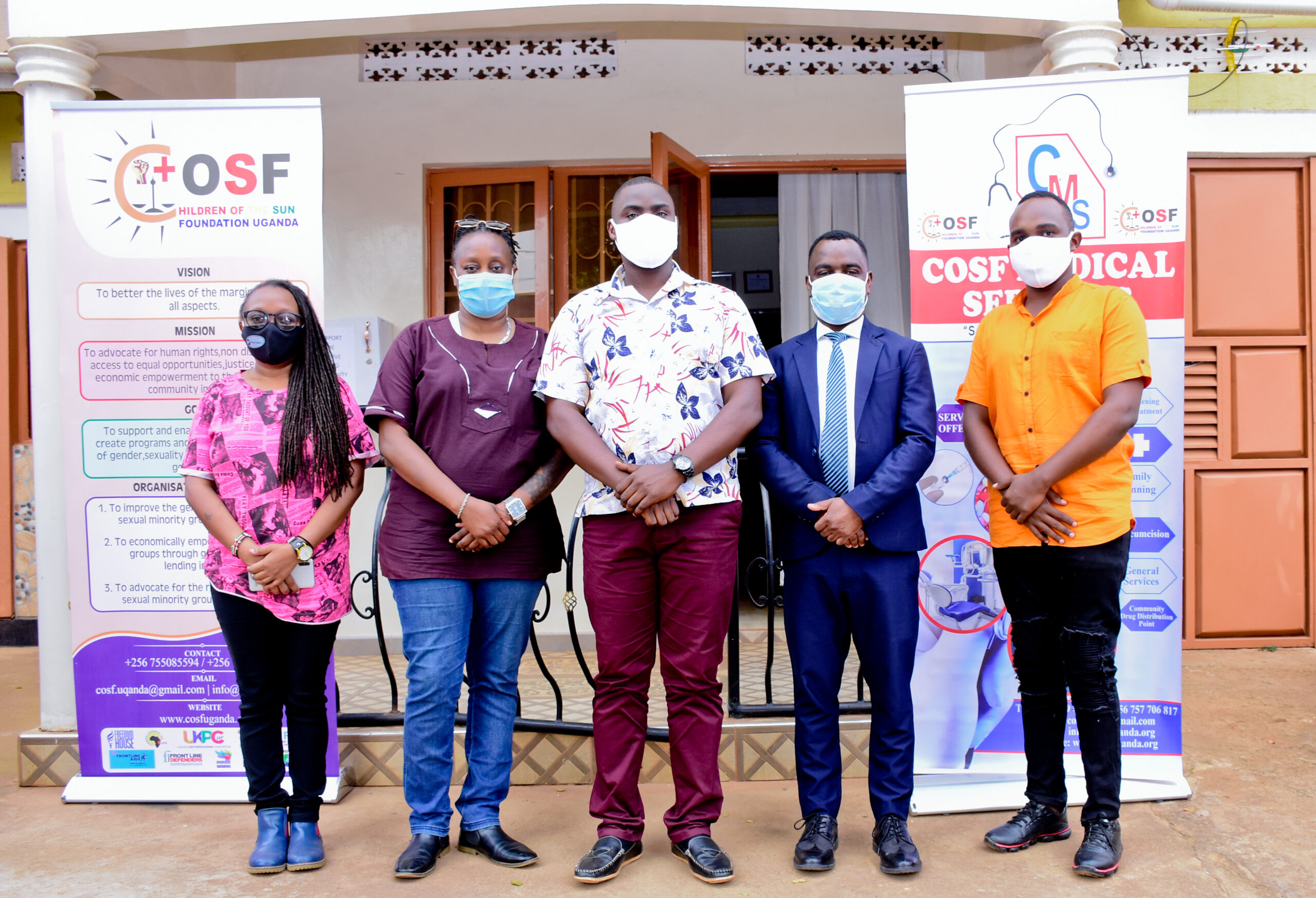Knowing and using people’s preferred gender pronouns is one step towards building a happier community, this is why Sexual Minorities Uganda has delved into a conversation about Gender Non-Conforming people in a bid to shed light on who they are.
Discrimination of Gender Non-Conforming(GNC) people who do not identify as exclusively male or female, occurs in religious, social, legal, medical and employment environments. For purposes of clarity, Gender non-conforming(GNC) refers to people who do not follow other people’s ideas or stereotypes about how they should look or act based on the female or male sex they were assigned at birth.
One would think that only cisgender people would have bias against GNC , unfortunately even LGBTIQ people are biased. Some LGBTIQ people insist they just can’t remember to correctly gender GNC while others deliberately choose not to correctly gender them. The preferred pronoun for GNC people is They/Them. In Africa, gender neutrality is acknowledged among the Baganda from Uganda. In a publication by Sylvia A. Nannyonga Tamusuza Baakisimba entitled Gender In The Music And Dance Of The Baganda People of Uganda, an extraction reads “The bambejja ( princesses ) were considered men. Although the bambejja were biologically female, the Baganda addressed them as ssebo ( sir ) , a title designated for men of high status. Augustino Kisitu a former court drummer during Ssekabaka Muteesa II’s reign explained that the bambejja were also called ssebo because they belonged to the king’s royal family and since the king was referred to as ssebo they are also entitled to the title (interview) in this case social class subverted the bambejja’s “femaleness” and accorded them a man gender. The female ssebo took up roles culturally constructed for men, roles that project dominance and control.”
In Northern Uganda, Mudoko Dako an effeminate male according to the Langi is considered an “alternative gender status” and were able to marry men with no social sanctions. Mudoko Dako can also be found among the Teso and Karimojong. Their recognition can be can be traced way back before British colonisation of Uganda.
“The way I see it, homophobia — not homosexuality — is the toxic import, from the west.” Dr Frank Mugisha, Executive Director Sexual Minorities Uganda.

Shanna Collins the author of an article entitled The Splendor of Gender Non-Conformity In Africa notes, “In Mali, the Dogon tribe generally maintain that the perfect human being is androgynous; the tribe worships Nommo, ancestral spirits who are described as androgynous, intersex, and mystical creatures, and whom are also referred to as “the Teachers”. In an uncircumcised penis, the foreskin is representative of femininity, while the clitoris is considered to represent masculinity.”
What we have to note is that GNC people are not exclusively LGBTIQ, they could be heterosexual too. GNC people are not cross dressers, (not that we have any problem with cross dressers. Cross-dressing is the act of wearing items of clothing not commonly associated with one’s sex. Cross-dressing can be used for purposes of disguise, comfort, and self-expression in modern times and throughout history.




